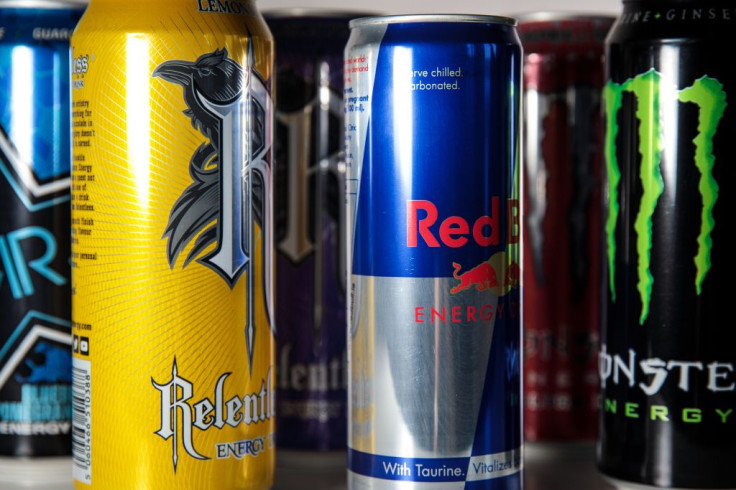10-A-Day Energy Drink Habit Nearly Killed A 26-Year-Old Man

A 26-year-old man from Texas was rushed to the hospital when he suffered a massive heart attack. The doctors blame the young man’s habit of gulping about ten energy drinks per day.
According to an entry from the case reports in emergency medicine, he was rushed to the emergency room at Texas Tech University Health Sciences Center, El Paso when he complained of chest pain that radiated towards his left arm that had lasted about nine hours.
Upon arrival, his vital signs were found to be normal, but soon his doctors found a completely blocked artery leading from his heart. The patient revealed that he usually drank about ten cans of energy drinks like ‘Monster’, ‘Rock Star’ and other similar beverages on a daily basis and that his chest pain symptoms began shortly afterward.
The authors opine that the patient’s unhealthy habit could have caused the blood clot formation that might have led to a heart attack.
His initial troponin and CK-MB levels were also in the normal range. He was then taken to the cardiac catheterization lab prior to serial blood investigation. His serum caffeine concentration wasn’t obtained. Nor was his energy drink usage become known until he returned from the catheterization. He denied the use of illicit drugs or stimulants and his tox screen was also negative for them. However, he did admit his smoking habit which he had for a couple of years- about one packet of cigarettes every day.
He underwent cardiac catheterization and then a drug-eluting stent was placed post balloon angioplasty. He was hospitalized for two days after the procedure and he denied any further chest pain. He has prescribed some medicines and was discharged home. He also agreed to quit smoking and cut down energy drinks.
The most common brands of energy drinks contain several ingredients including caffeine, taurine, glucuronolactone, and ginseng. Typically, one drink contains about 0.34 mg of caffeine per mL. This patient has consumed between 1.2 and 1.6 g of caffeine per day, Although a lethal dose of caffeine ranges about 10 g of oral caffeine, smaller doses of caffeine might also be fatal.
The authors opine that additional research into the topic of energy drink toxicity is required. And although there is very limited evidence to prove the negative effects of energy drinks, it is prudent to recommend limited consumption of such beverages.
© Copyright IBTimes 2025. All rights reserved.






















